Scottish Govt Boosts Pharmacy Education with £2.85m
 Almost £3m is being invested by the Scottish government to expand experiential learning of student pharmacists, with some funding being used to enable students to experience remote and rural practice.
Almost £3m is being invested by the Scottish government to expand experiential learning of student pharmacists, with some funding being used to enable students to experience remote and rural practice.
Under the Scottish Pharmacy Experiential Learning scheme, student pharmacists currently undertake experiential learning in community pharmacy and hospitals, but a funding injection of £2.85m for 2018/ 2019 will enable them to experience new settings such as primary care and NHS 24.
Doctors in Imo begin strike, allege incomplete salary
 Medical doctors practicing in hospitals and health facilities owned by the Imo State Government on Wednesday began what they say is “indefinite strike action.” The chairman, Nigeria Medical Association in the state, Kyrian Duruewuru, who briefed journalists in Owerri, accused the state government of treating the striking doctors unfairly.
Medical doctors practicing in hospitals and health facilities owned by the Imo State Government on Wednesday began what they say is “indefinite strike action.” The chairman, Nigeria Medical Association in the state, Kyrian Duruewuru, who briefed journalists in Owerri, accused the state government of treating the striking doctors unfairly.
NAFDAC alerts public of fake anti-hypertension drug
 The National Agency for Food, Drug Administration and Control (NAFDAC) has alerted the public of the circulation of a fake anti-hypertensive drug.
The National Agency for Food, Drug Administration and Control (NAFDAC) has alerted the public of the circulation of a fake anti-hypertensive drug.
Moji Adeyeye, NAFDAC’s Director General (DG), in a statement on Tuesday in Abuja, said the drug, Hydrochlorothiazide 50mg (containing Glibenclamide) was currently circulating in Cameroon.
Malawi Rolls Out World’s First Malaria Vaccine
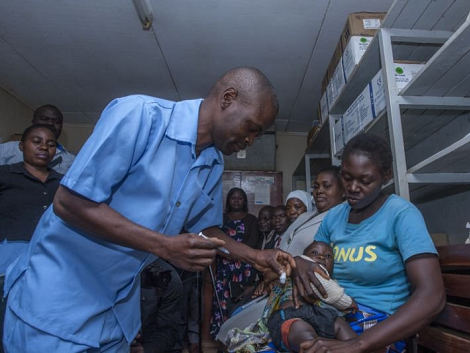 As the global community gears up to celebrate World Malaria Day, which is commemorated annually on 25 April, the Government of Malawi has taken a giant stride in launching the world’s first malaria vaccine, in a landmark pilot programme on Tuesday.
As the global community gears up to celebrate World Malaria Day, which is commemorated annually on 25 April, the Government of Malawi has taken a giant stride in launching the world’s first malaria vaccine, in a landmark pilot programme on Tuesday.
Announcing the epoch-making pilot programme, the World Health Organisation (WHO) through a press statement, applauded the initiative of the Malawian government, in partnering with the institution, along with two other African countries, towards the elimination of malaria in Africa.
How Digital Technology can Foster Better Healthcare – WHO
 The World Health Organisation (WHO) has recently revealed new ways that digital technology can be used to improve human health through computers and mobile phones.
The World Health Organisation (WHO) has recently revealed new ways that digital technology can be used to improve human health through computers and mobile phones.
“Harnessing the power of digital technologies is essential for achieving universal health coverage,” said WHO Director-General, Dr Tedros Adhanom Ghebreyesus. “Ultimately, digital technologies are not ends in themselves; they are vital tools to promote health, keep the world safe, and serve the vulnerable.”
PSN urges FG to Encourage Local Production of Malaria Drugs
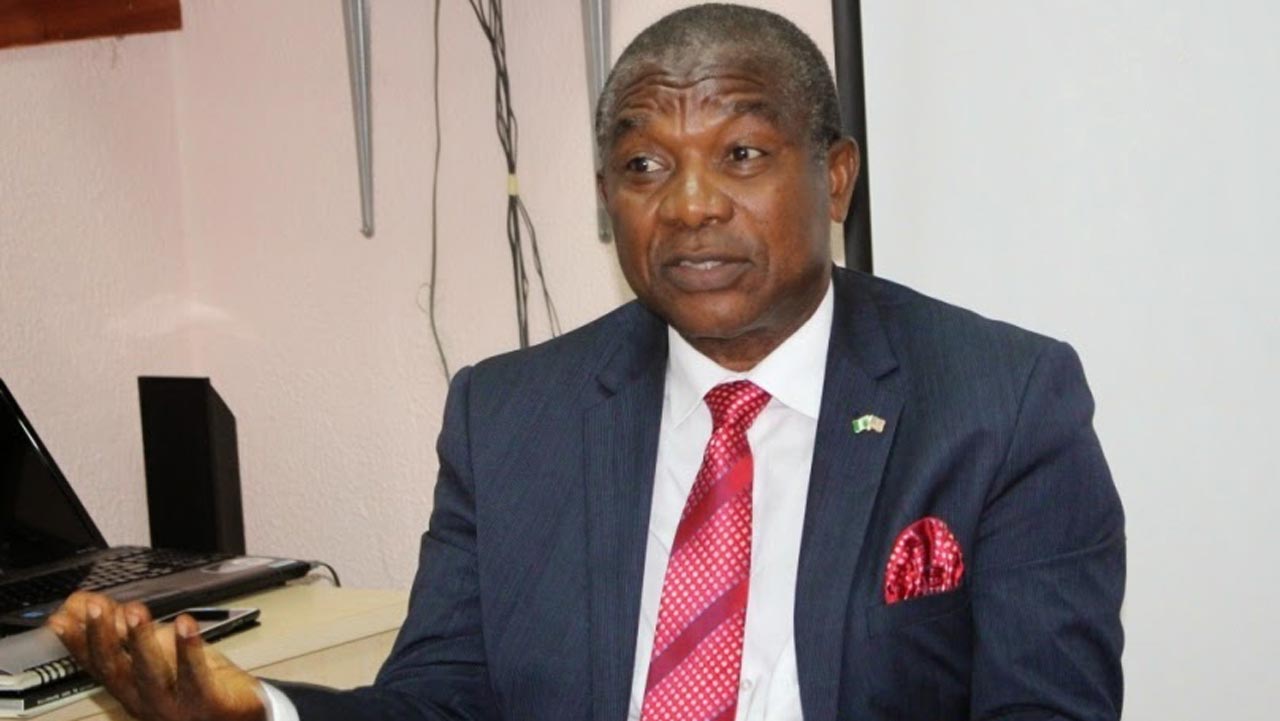 To ensure availability, quality and affordability of malaria drugs, pharmacists under the aegis of the Pharmaceutical Society of Nigeria (PSN) have urged the Federal Government to encourage the local manufacture of anti-malaria medications. President PSN, Sam Ohuabunwa, in a statement ahead of the World Malaria Day (WMD), today, April 25, 2019, said there are presently some plants and herbs around, which have shown both anti-malaria activity and insect repellent ability.
To ensure availability, quality and affordability of malaria drugs, pharmacists under the aegis of the Pharmaceutical Society of Nigeria (PSN) have urged the Federal Government to encourage the local manufacture of anti-malaria medications. President PSN, Sam Ohuabunwa, in a statement ahead of the World Malaria Day (WMD), today, April 25, 2019, said there are presently some plants and herbs around, which have shown both anti-malaria activity and insect repellent ability.
The pharmacist said the government should sponsor research through her agencies like the Nigerian Institute of Pharmaceutical Research and Development (NIPRD) and the Pharmacy schools towards developing these herbal remedies. Ohuabunwa said: “The malaria-vaccine RTSs developed by GSK and approved by WHO in 2015 presently undergoing evaluation in about seven African countries for public health impact may become one of the vaccines for routine immunization. The country should begin to prepare to leverage on this to save our children.
Meningitis kills 58 persons, infects 760 others in 15 states
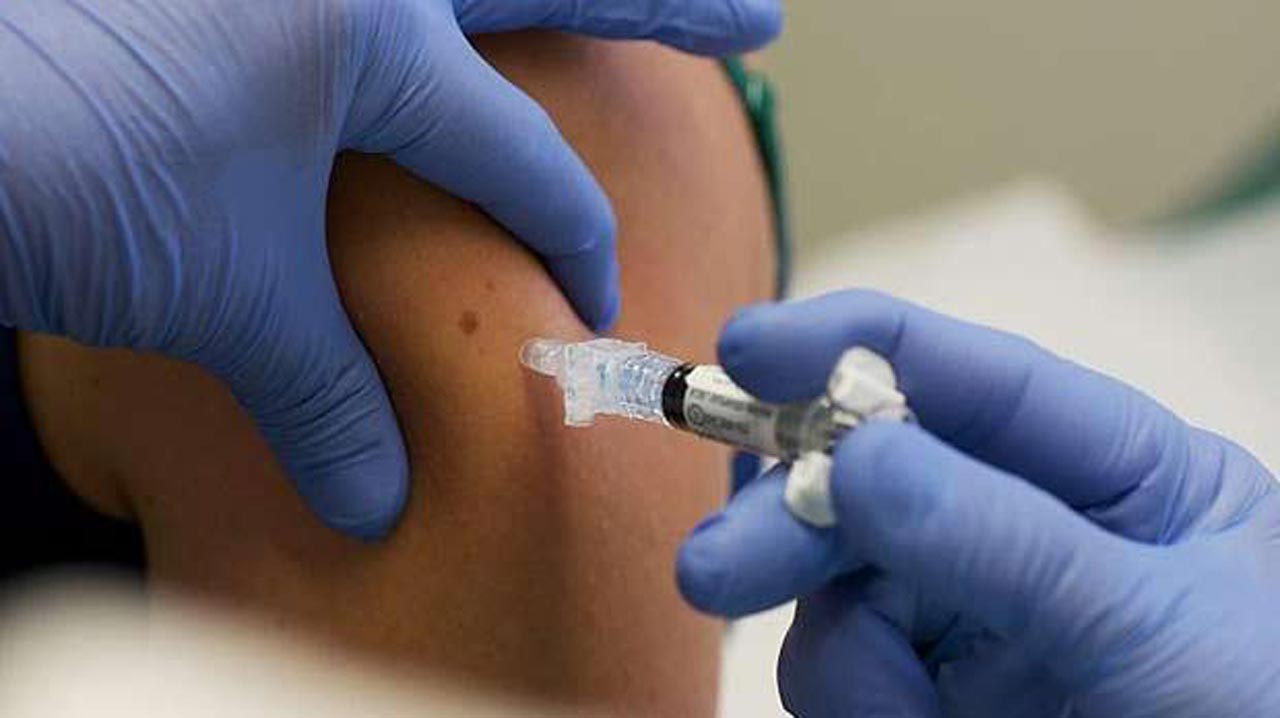 As the World Meningitis Day (WMD) held yesterday with the theme, Life After Meningitis”, the Nigeria Centre for Disease Control (NCDC) released fresh frightening statistics about the contagious disease wherein 58 persons were killed and 760 others infected in 15 states. Noting that the epidemic affects some 2.8 million people every year globally, NCDC’s Director General, Dr. Chikwe Ihekweazu, noted that the menace remained a major public health issue affecting countries in the African meningitis belt.
As the World Meningitis Day (WMD) held yesterday with the theme, Life After Meningitis”, the Nigeria Centre for Disease Control (NCDC) released fresh frightening statistics about the contagious disease wherein 58 persons were killed and 760 others infected in 15 states. Noting that the epidemic affects some 2.8 million people every year globally, NCDC’s Director General, Dr. Chikwe Ihekweazu, noted that the menace remained a major public health issue affecting countries in the African meningitis belt.
He said the incidence is high during the dry season and the disease could kill within 24 hours, thus its early detection was crucial. Symptoms include sudden high fever, severe headache, neck stiffness, sensitivity to light (photophobia) as well as drowsiness and convulsions. It is transmitted through tiny droplets of respiratory secretions from an infected person through coughing, sneezing and touching of contaminated surfaces.
FG to Spend Over N1bn as Compensation for Codeine Seizures — NAFDAC Boss
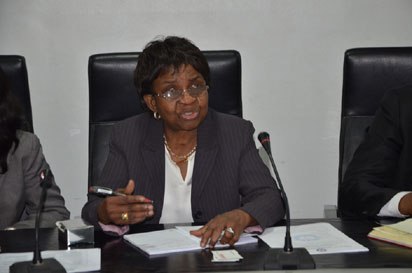 Prof. Moji Adeyeye, the Director-General, National Agency for Food and Drug Administration and Control (NAFDAC), on Monday said the Federal Government would pay more than N1 billion as compensation to the companies that had their codeine impounded more than a year ago.
Prof. Moji Adeyeye, the Director-General, National Agency for Food and Drug Administration and Control (NAFDAC), on Monday said the Federal Government would pay more than N1 billion as compensation to the companies that had their codeine impounded more than a year ago.
Adeyeye disclosed this on Monday in Lagos at a news conference to debunk a newspaper report that 70 percent of medicines in Nigeria are fake.
Only 17% of drugs in Nigeria are substandard – NAFDAC
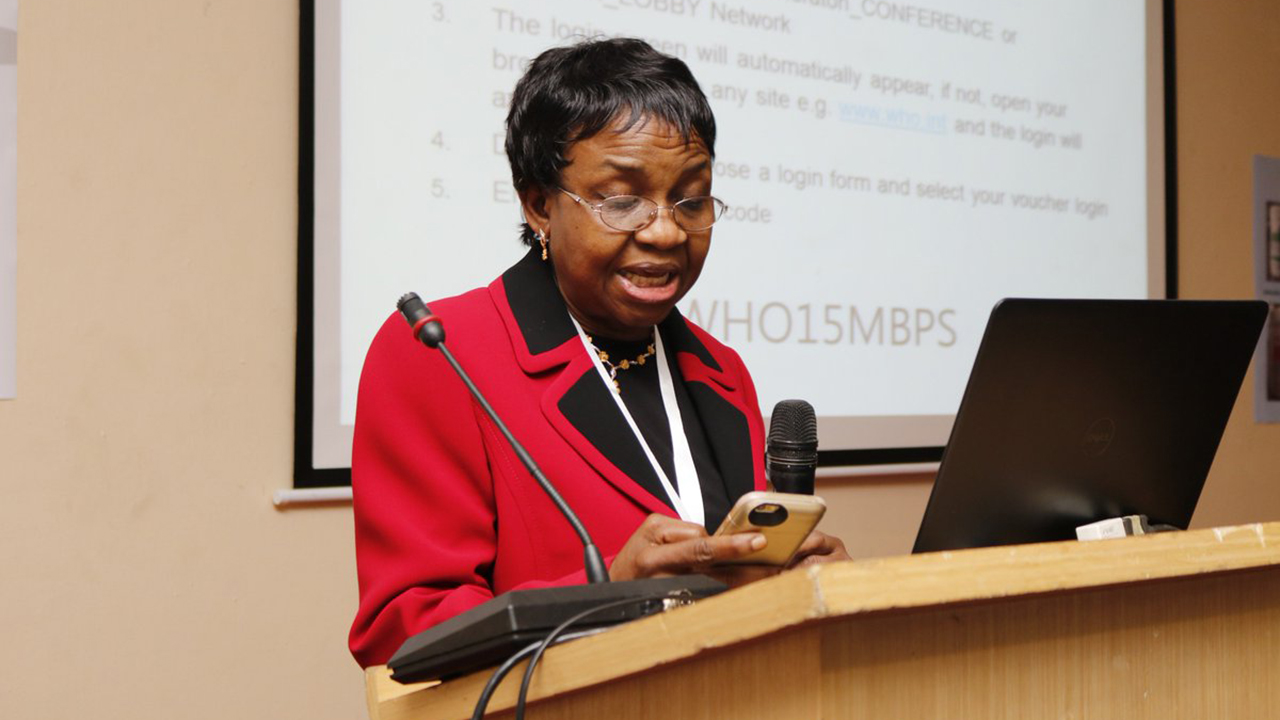 The Director-General of National Agency for Food and Drugs Administration and Control (NAFDAC), Prof. Mojisola Adeyeye, has revealed that only 17 percent of drugs in circulation in Nigeria are substandard.
The Director-General of National Agency for Food and Drugs Administration and Control (NAFDAC), Prof. Mojisola Adeyeye, has revealed that only 17 percent of drugs in circulation in Nigeria are substandard.
Stating this at a press briefing in Lagos yesterday, she said the most recent study was done in 2012 by the United States Pharmacopeia and that no other study has been done since then.
Laboratory Scientists Decry Neglect by Government on Employment
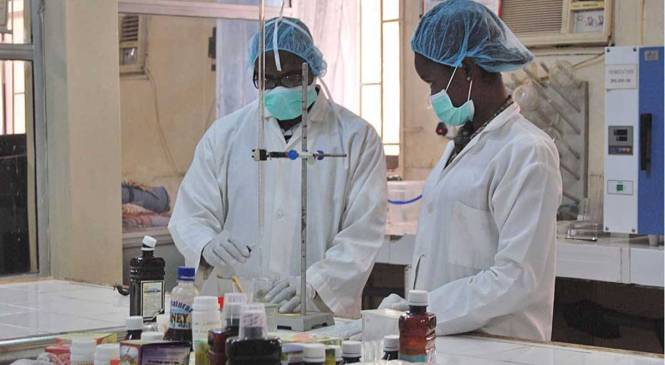 Association of Medical Laboratory Scientists of Nigeria (AMLSN) has condemned what “the tacit embargo” on the employment of laboratory scientists in most federal health facilities across the country.
Association of Medical Laboratory Scientists of Nigeria (AMLSN) has condemned what “the tacit embargo” on the employment of laboratory scientists in most federal health facilities across the country.
This assertion was made during a press conference held Saturday evening by the association at the end of its 13th public health lecture series and 198th national executive council meeting at Ibom Hall, Uyo, Akwa Ibom State.






